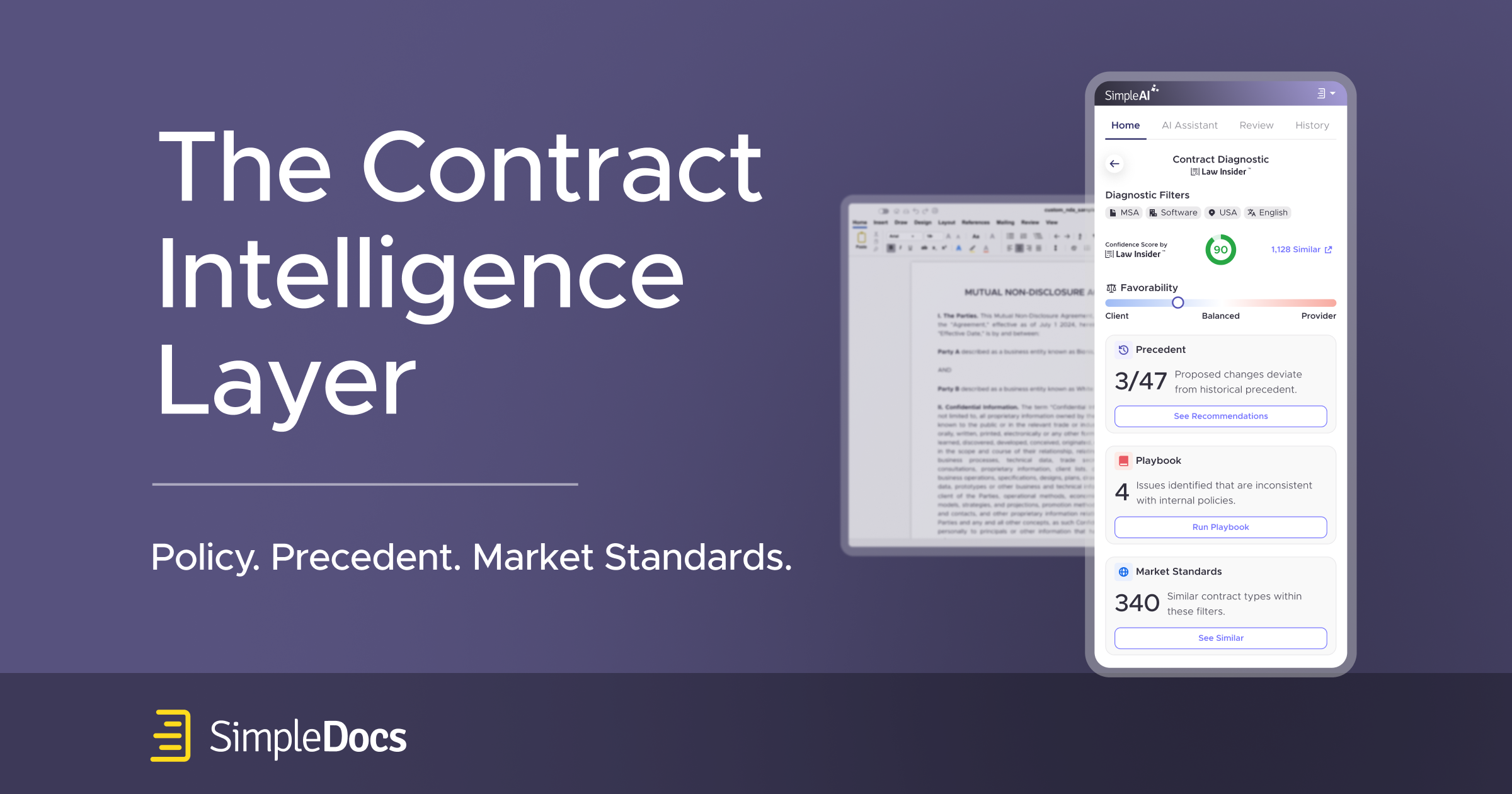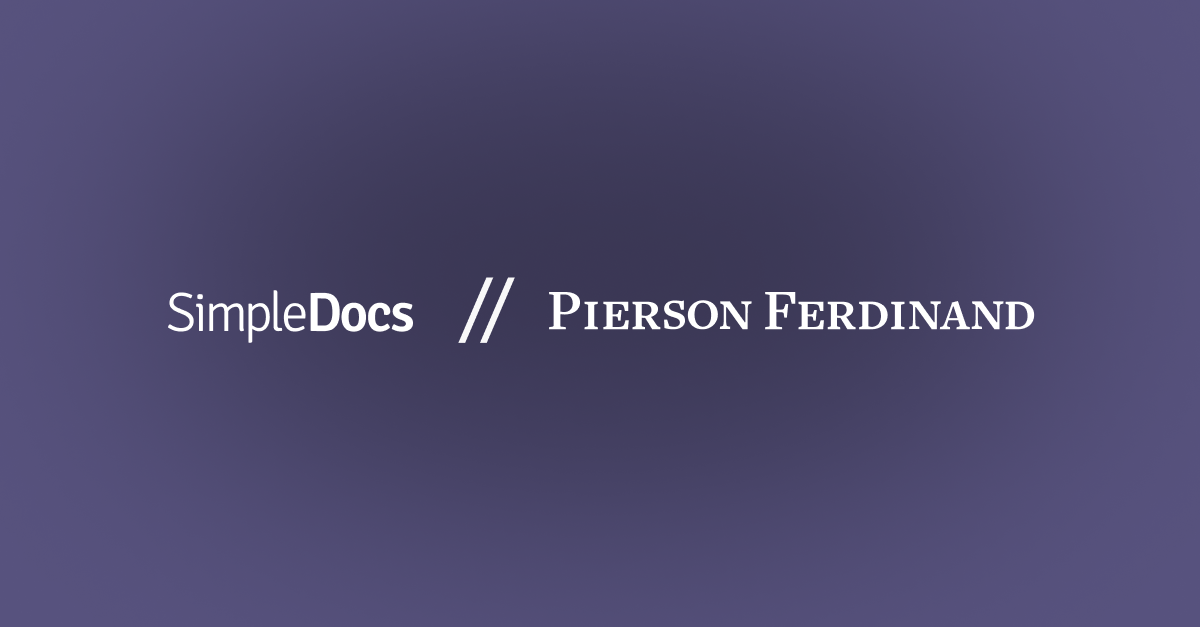One of the core value propositions for enterprise CLMs is to give Sales and other parts of the business the ability to generate contract workflows.
These workflows integrate into your CRM, Slack, Teams and other business platforms, and give your business users the ability to self-serve standard contract requests.
Put more simply, CLM workflows can make it easier for Sales to generate an NDA at 11PM on a Friday.
So what’s the business license pricing problem?
Most CLMs charge per seat for the business user license.
This means that to give your entire Sales team the ability to generate an NDA at 11PM on a Friday, 100% of your Sales team needs a $1,000+ annual software license.
This creates incredible friction in the CLM buying process because Legal doesn’t have the budget to cover that many licenses, they don’t know if Sales will use the licenses at a volume that will justify the cost, and they don’t want to make the business case to the CRO.
So what do they do?
They buy a few business licenses and solve a fraction of the problem– and hope their CRO will get inspired enough to pay for the rest in the future.
Meanwhile, the CLM Sales rep keeps calling, asking if Legal is ready to buy more business licenses, and if you’re “ready to move beyond the pilot and fully adopt.”
Eh.
The real problem here is that CLM workflows aren’t solving a Sales problem.
They are solving a Legal Operations problem. And Sales doesn’t want to pay for that.
It would be like Sales paying for a better payroll system because they’d like to get paid on time. The Payroll team doesn’t get to pass that cost on to Sales.
So what’s the answer?
The business licenses need to be included in the CLM platform fee.
If there’s a marginal cost to service those users, create a pricing structure for the enterprise and midmarket that increases that platform fee. But don’t penalize Sales for a Legal Operations problem, and don’t give Legal a solution they need but can’t afford.

.svg)

-min.svg)

